Kategorie
Duetto for cello and double bass
| Kód výrobku | YE0001 |
| Nakladatel | Yorke Edition |
| Jazyk | Angličtina |
| Rozměry | 230x300x10 mm |
| Dostupnost | do 3 - 6 pracovních dnů |
It was a chance visit to a second hand bookshop in Nottingham that set me on the trail of Rossini's now well-known Duetto for cello and double bass. But the story begins earlier than that. In the 1960s I was studying the double bass at the Royal College of Music with Adrian Beers, who was at that time principal of the English Chamber Orchestra, on the front desk of the Philharmonia Orchestra, and a member of the Melos Ensemble of London (then one of the leading ensembles of the world). I was working on the 'Dragonetti Concerto', as most young players do, and I wanted to find out a bit about it. My teacher said he thought the autograph manuscript might be in the British Library,which was all the encouragement I needed to secure a pass to the Reading Room so I could go and see for myself. There, sure enough, I found a large collection of Dragonetti's autograph manuscripts, together with other bound volumes relating to his life. The papers had been lovingly collated and annotated by Vincent Novello, one of Dragonetti's closest friends, then deposited in the library before his departure to Italy in 1848, two years after Dragonetti's death. One of the volumes included a lot of letters about various engagements and music festivals, copies of orders for strings Dragonetti wanted from Italy, details about paintings he wanted to buy, and numerous invitations to private functions. The manuscript of the 'Dragonetti Concerto', of course, wasn't among the papers we now know it to have been written by Edouard Nanny a century or so later. One name that came up regularly in the documents was that of Sir George Smart. Smart had been a violinist in Salomon's orchestra and had played for Haydn at his London concerts in the 1790s. As a child he had learnt much about music from his father, who had in turn been present at many of Handel's rehearsals when he was preparing some of his major works for the first time. Smart was also a fine keyboard player, becoming organist of the Chapel Royal in 1822. As a conductor,


 MENU
MENU

 Novinky
Novinky Kontrabas
Kontrabas 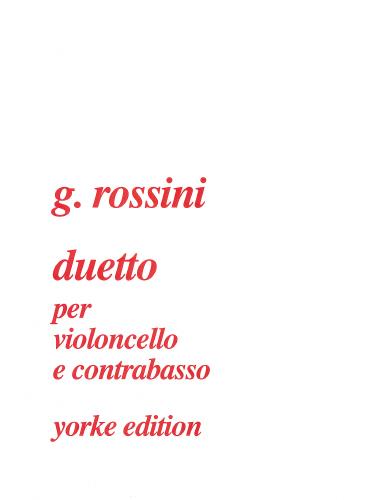
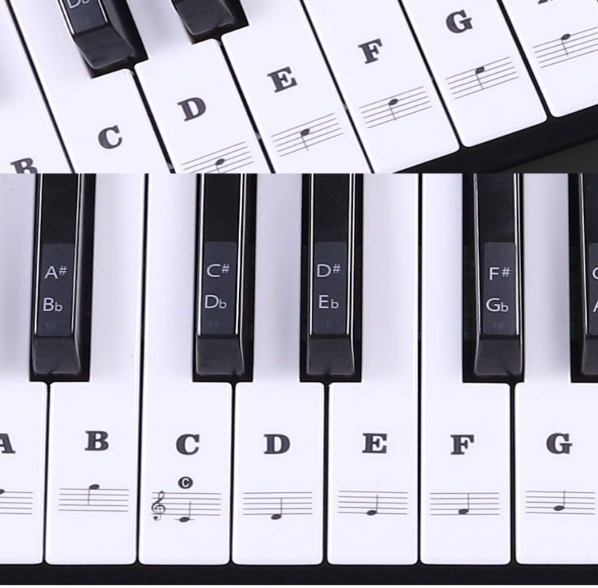
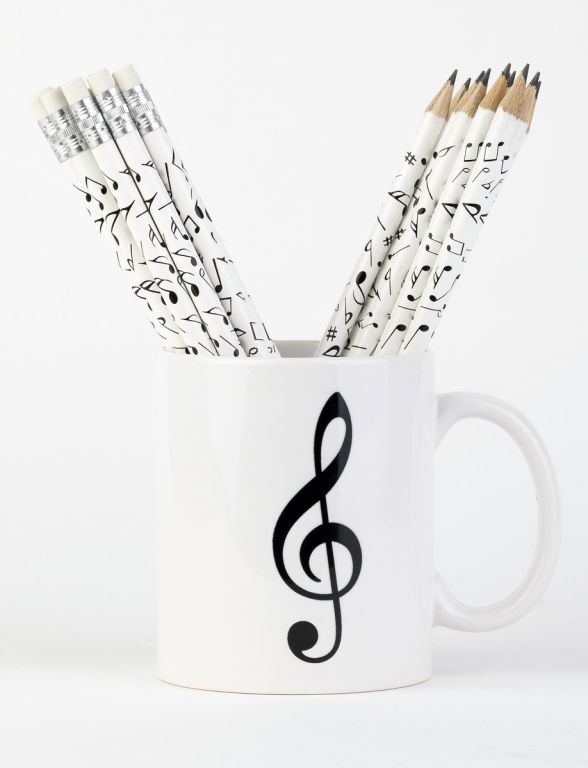
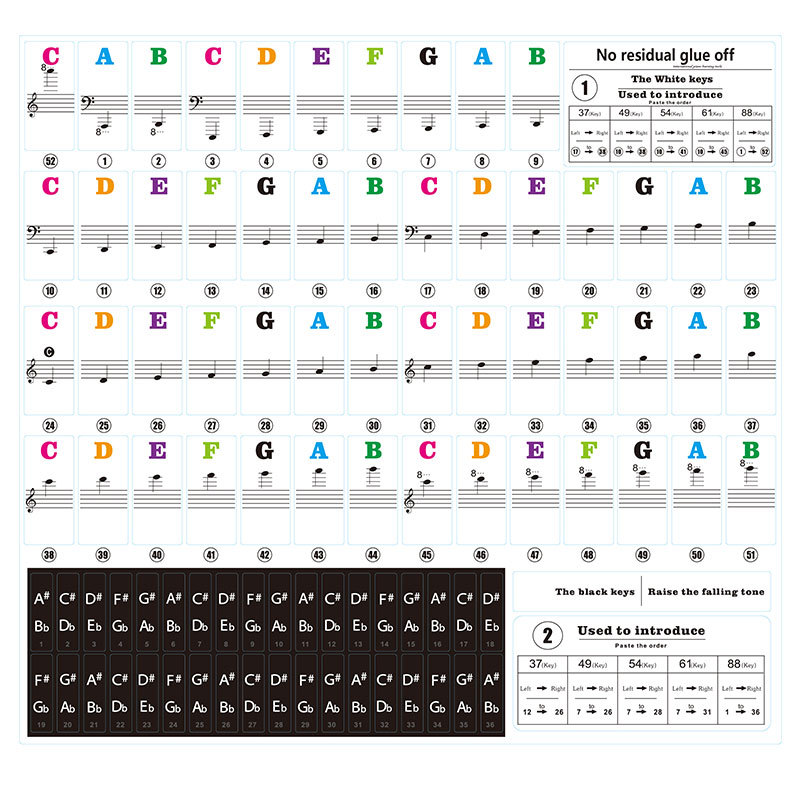
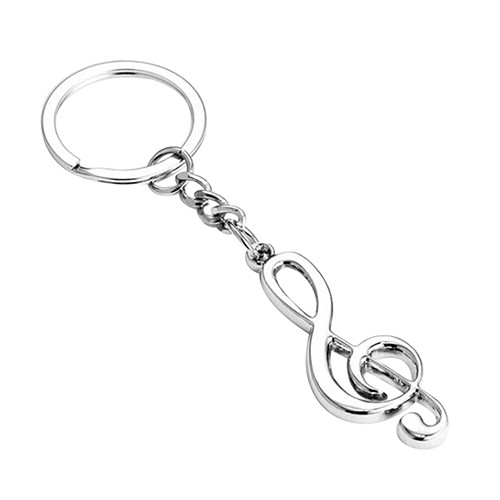
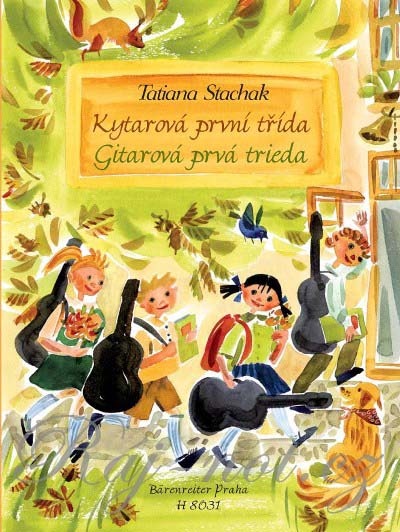
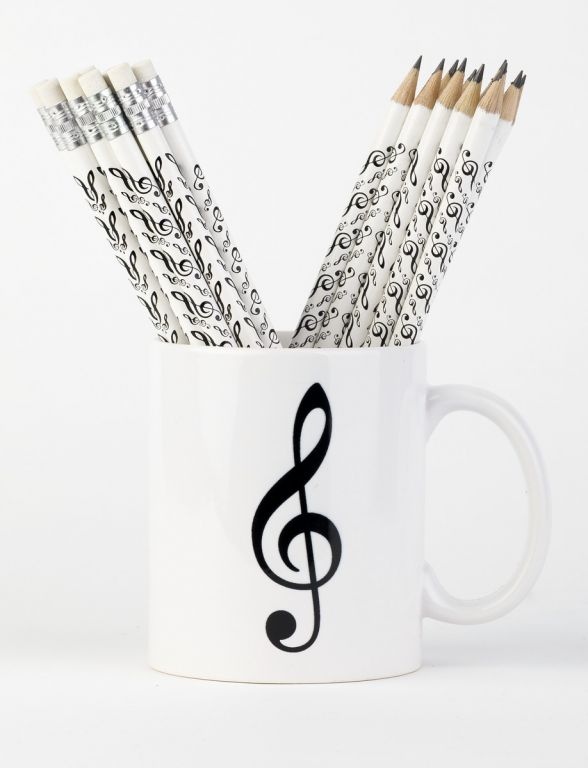
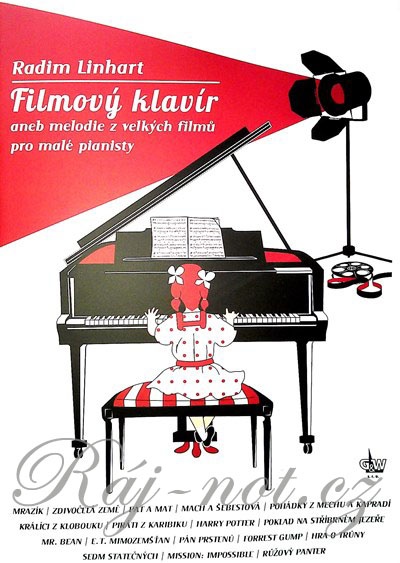
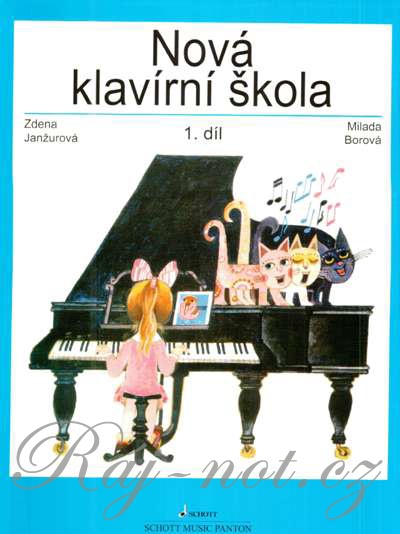
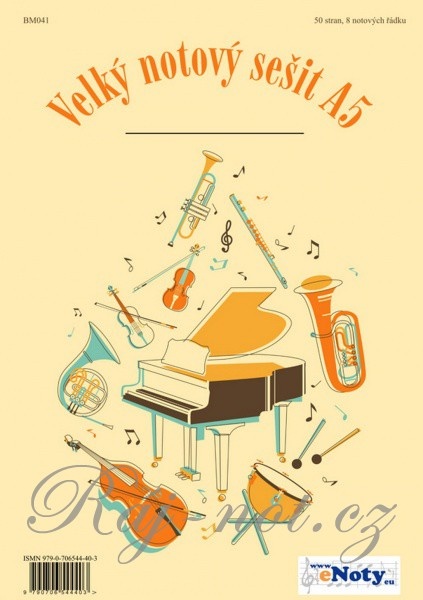
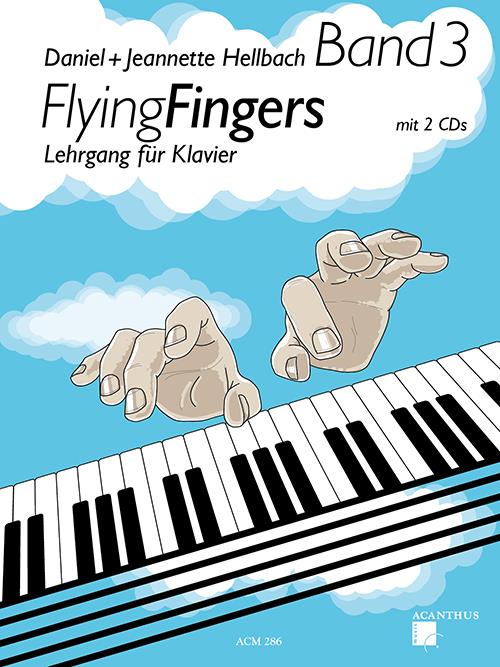
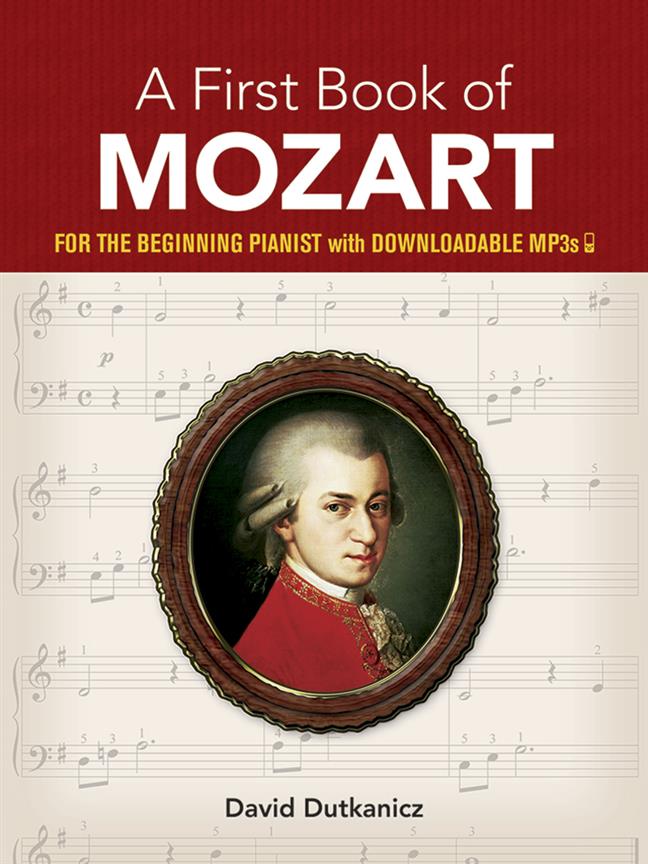
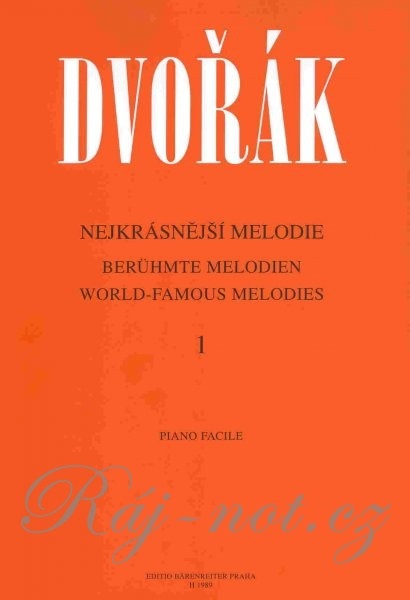
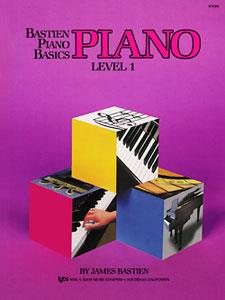
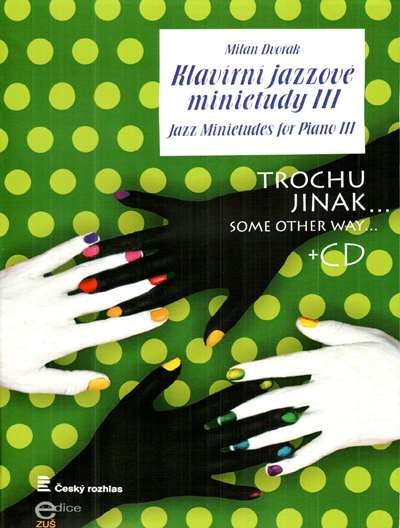
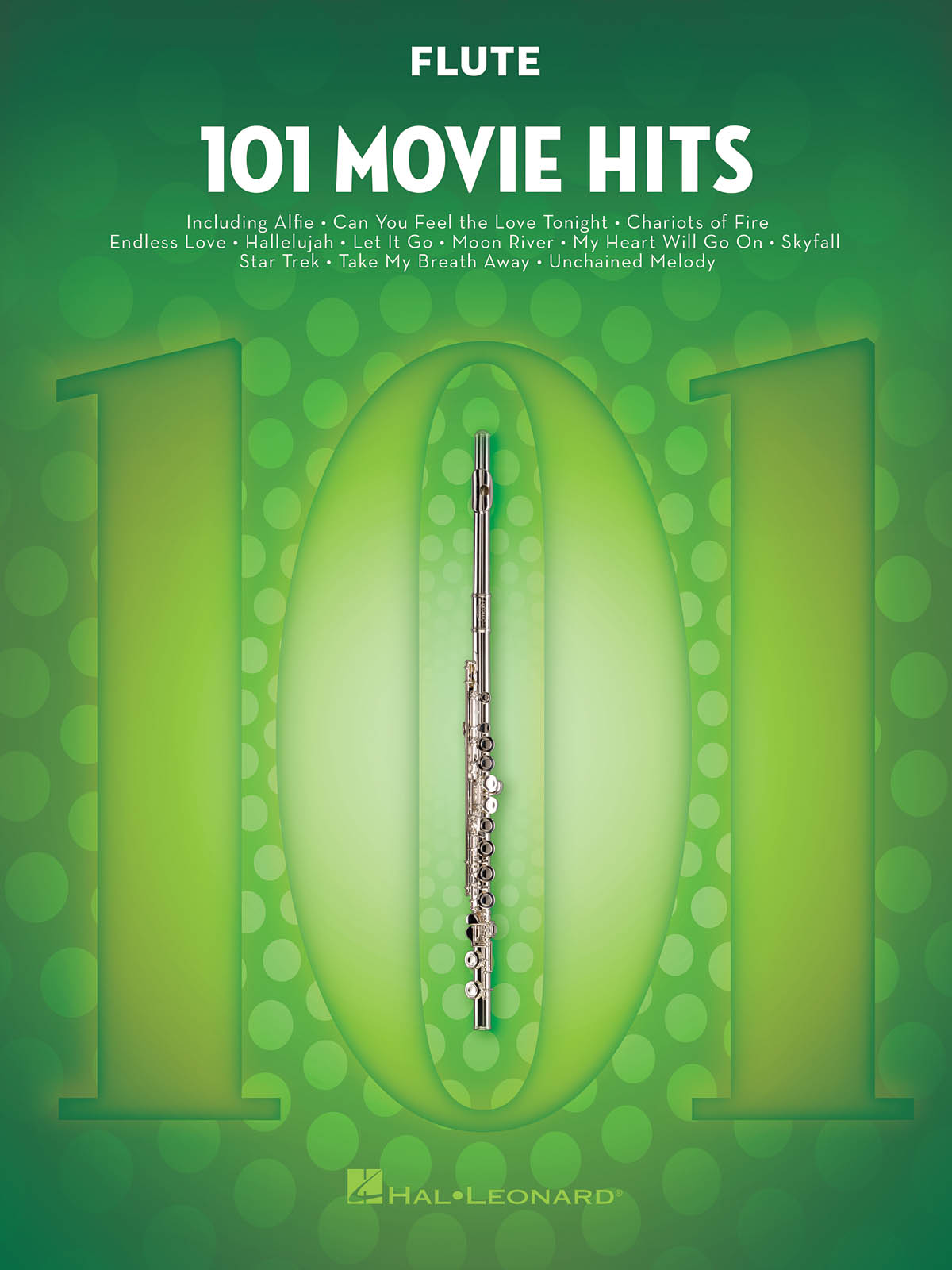
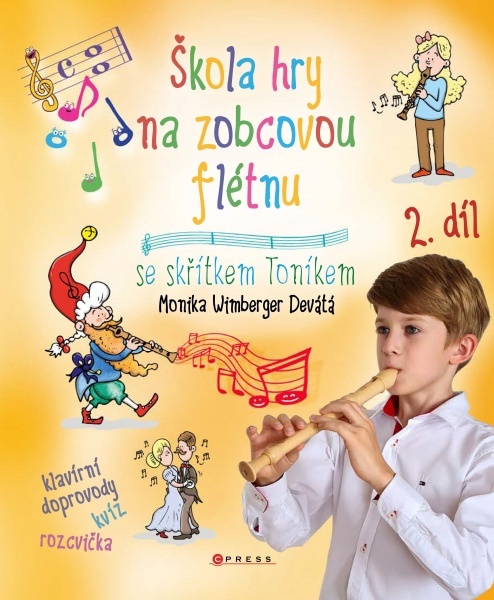
 nenašli jste,
nenašli jste,